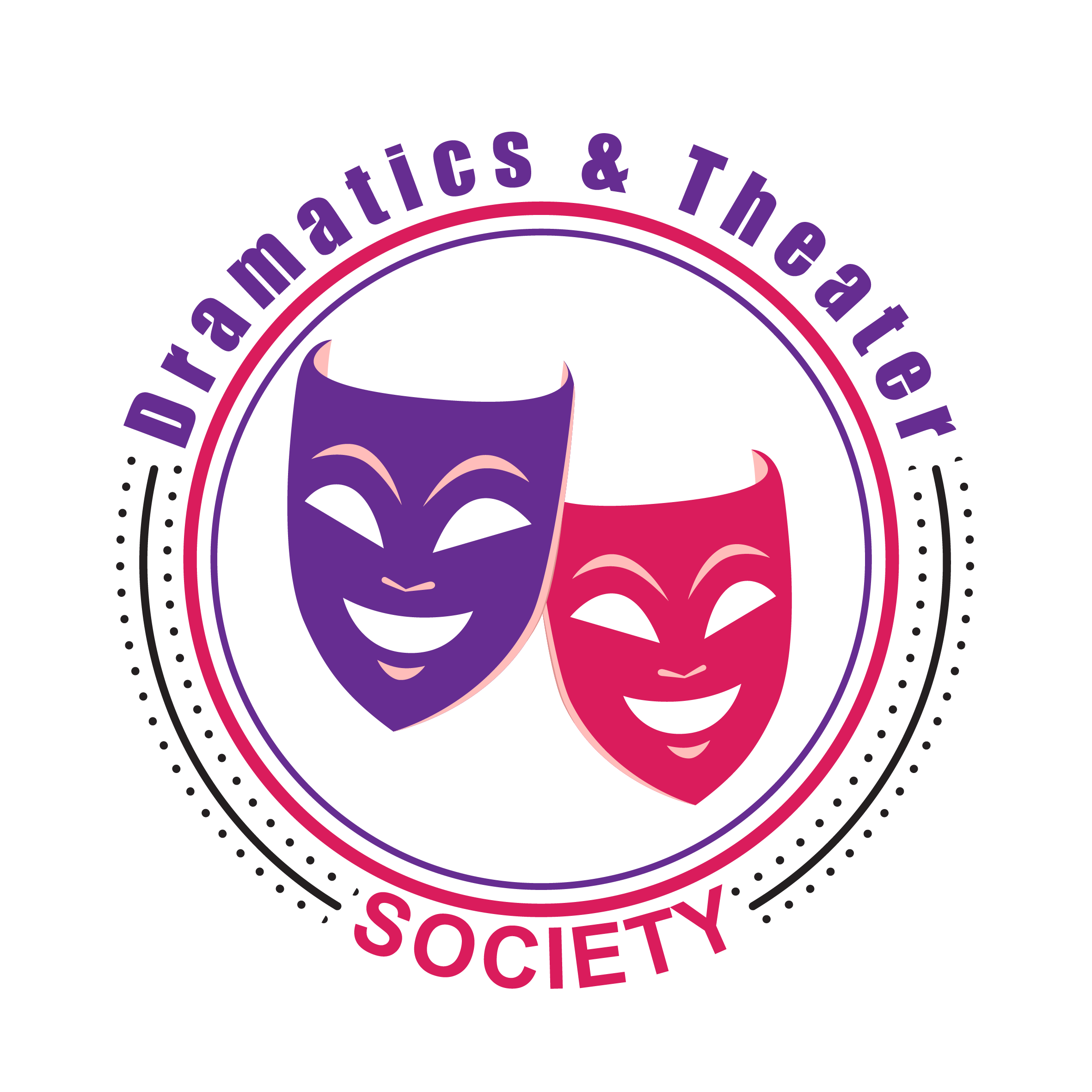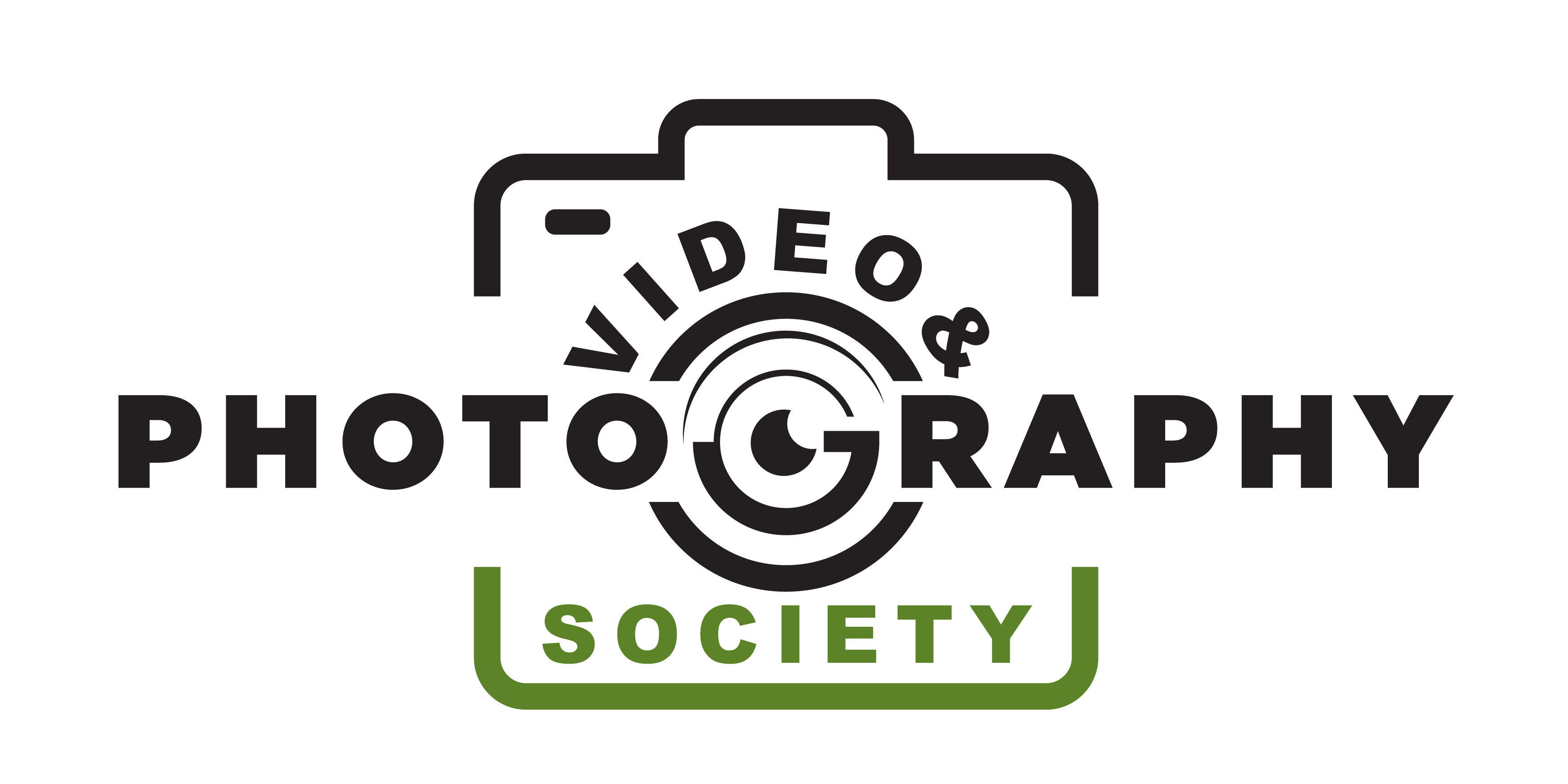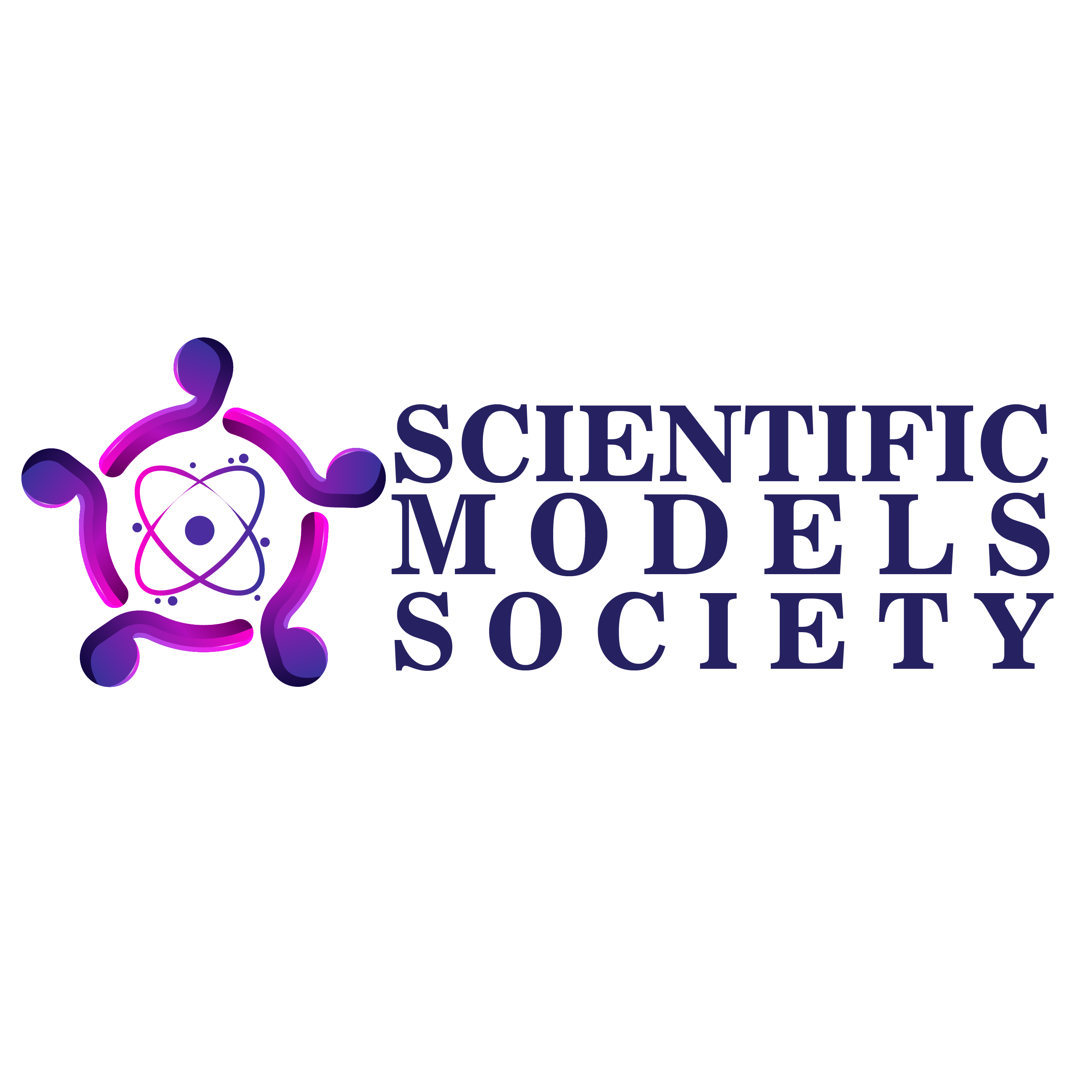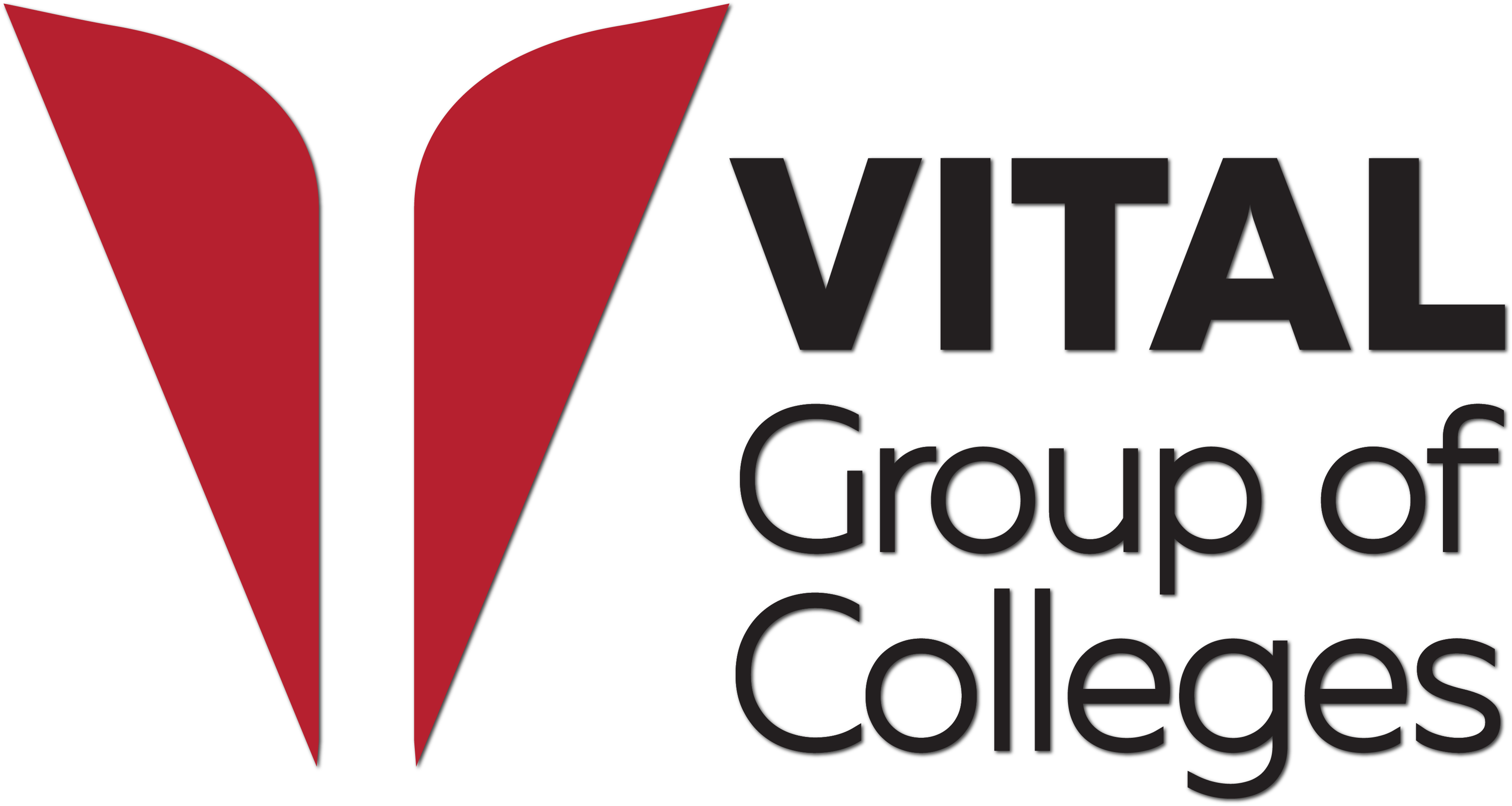Administration
Administrative Structure
This administrative structure is designed to ensure effective governance, efficient operations, and optimal support for our students and staff members. The basic administrative structures pillars are as follows;
1. Chief Executive Officer (CEO):
The CEO serves as the head of the organization, overseeing all operational, implementing policies and ensuring the smooth functioning of all departments.
2. Executive Management Team:
Comprising department heads and senior administrators, this team assists the CEO in decision-making, strategic planning, and day-to-day operations management.
3. Academic Department: Under the leadership of the Dean of Academics, this department is responsible for curriculum development, academic standards, faculty management, and student affairs.
4. Administrative Department:
Overseen by the Chief Administrative Officer (CAO), this department manages non-academic functions such as finance, human resources, facilities, and general administration.
5. Student Services:
Dedicated to student welfare and support, this department provides counseling, career guidance, extracurricular activities, and other services to enhance the overall student experience.
6. Quality Assurance and Compliance:
Ensures adherence to regulatory standards, accreditation requirements, and quality benchmarks in all aspects of college operations.
7. Information Technology (IT) Department:
Manages the college’s technological infrastructure, including network systems, software applications, and educational technology integration.
8. Admissions, Marketing and Public Relations:
Responsible for promoting the college brand, recruitment efforts, public relations, and maintaining positive relationships with stakeholders.
9. Research and Development:
Encourages innovation, conducts educational research, and fosters collaborations to enhance teaching methodologies and academic programs.
10. Campus Managers:
Each campus of Vital Group of Colleges is overseen by a campus manager who coordinates day-to-day activities, facilities management, and student services at the local level.
11. Support Staff:
Various administrative and operational roles such as clerical staff, maintenance workers, security personnel, and others who contribute to the efficient functioning of the college.
12. Students Societies:
Administration organize the hub of all non-academic activity, student centered services to maximize student potential and polishing student talents and skills.
The societies vital offered,
1. Chief Executive Officer (CEO):
The CEO serves as the head of the organization, overseeing all operational, implementing policies and ensuring the smooth functioning of all departments.
2. Executive Management Team:
Comprising department heads and senior administrators, this team assists the CEO in decision-making, strategic planning, and day-to-day operations management.
3. Academic Department: Under the leadership of the Dean of Academics, this department is responsible for curriculum development, academic standards, faculty management, and student affairs.
4. Administrative Department:
Overseen by the Chief Administrative Officer (CAO), this department manages non-academic functions such as finance, human resources, facilities, and general administration.
5. Student Services:
Dedicated to student welfare and support, this department provides counseling, career guidance, extracurricular activities, and other services to enhance the overall student experience.
6. Quality Assurance and Compliance:
Ensures adherence to regulatory standards, accreditation requirements, and quality benchmarks in all aspects of college operations.
7. Information Technology (IT) Department:
Manages the college’s technological infrastructure, including network systems, software applications, and educational technology integration.
8. Admissions, Marketing and Public Relations:
Responsible for promoting the college brand, recruitment efforts, public relations, and maintaining positive relationships with stakeholders.
9. Research and Development:
Encourages innovation, conducts educational research, and fosters collaborations to enhance teaching methodologies and academic programs.
10. Campus Managers:
Each campus of Vital Group of Colleges is overseen by a campus manager who coordinates day-to-day activities, facilities management, and student services at the local level.
11. Support Staff:
Various administrative and operational roles such as clerical staff, maintenance workers, security personnel, and others who contribute to the efficient functioning of the college.
12. Students Societies:
Administration organize the hub of all non-academic activity, student centered services to maximize student potential and polishing student talents and skills.
The societies vital offered,

Debates and Literary Society

Climate Change Society

Events Society

Dramatics and Theater Society

Video and Photography Society

Tourism Adventure Society

Professional Carrier Society

Scientific Artistry Society

Art and Craft Society

Food and Nutrition Society
